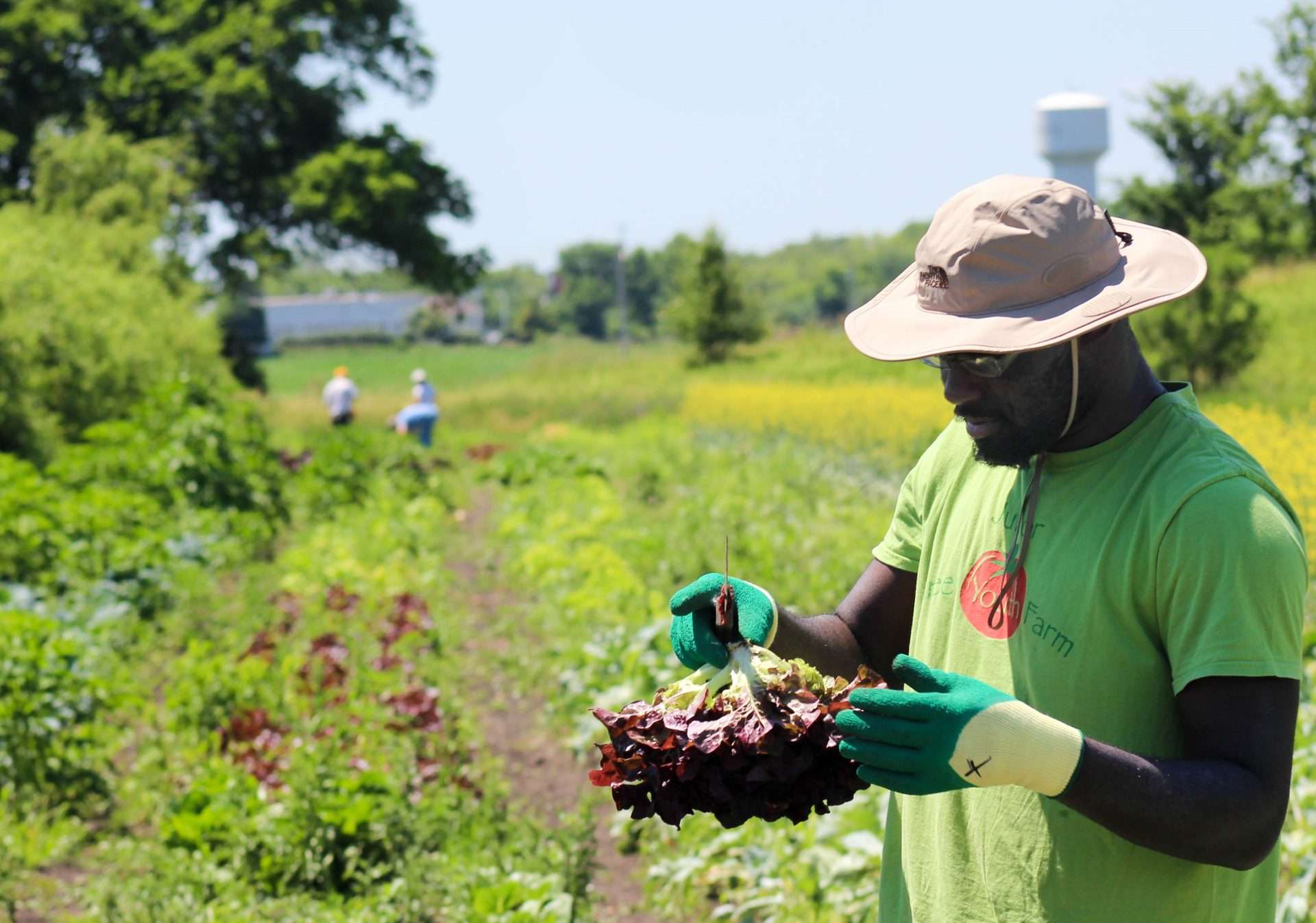On December 20, 2018, the President signed into law the new Farm Bill. The Farm Bill is among the most important and comprehensive laws Congress makes. It authorizes the supplemental nutrition assistance program (SNAP), crop insurance, urban forestry, and conservation and local food programs.
Overall, the new Farm Bill does many favorable things:
- Critically important for our communities is that work requirements on supplemental nutrition assistance recipients remain mostly unchanged.
- Key local food offerings are consolidated into the new Local Agricultural Market Program and given increased and permanently authorized funding.
- Beginning and socially-disadvantaged farmer supports, which are underutilized in greater Chicago, are consolidated and given permanently increased funding under the new Farmer Opportunities Training and Opportunities Program.
- The Community Forest and Open Space Conservation Program has dedicated, increased funding of $5 million in each of the next five years.
- Harmful exemptions from endangered species laws for agrochemical uses are rejected along with other damaging regulatory rollbacks.
- Misguided forest management provisions are mostly ignored.
This Farm Bill is a mixed bag for conservation, but there are a few more highlights on the plus side:
- The Environmental Quality Incentive Program, which pays farmers to make improvements that conserve water, reduce erosion, and improve habitat, is increased to more than $2 billion.
- The Agricultural Conservation Easement Program that permanently protects farmland is increased by 80% (to $450 million) and will allow land trusts to do buy-protect-sell transactions.
- Regional conservation partnerships are allocated another $50 million (up to $300 million).
However, overall conservation funding remains $5 billion lower than what conservation programs received before 2014. This means that increases to some conservation programs come at the expense of other conservation initiatives. Most notably, this Farm Bill, cuts $800 million (45%) from the Conservation Stewardship Program (“CSP”). CSP is widely regarded as the most effective program for improving wildlife habitat, water quality, and “whole farm” conservation solutions. It is so popular that less than half of farmers who apply for funding currently receive it. After these cuts, only about ¼ of farmer-applicants who want to do comprehensive resource conservation will be funded.
The overall impact from this shift in conservation funding will cost Illinois roughly $14 million per year, according to staff analysis and adjustments of a report by the University of Illinois. The Union of Concerned Scientists estimates that CSP creates nearly $4 in economic and environmental values for every $1 it costs, leaving Illinois with a net loss of $56 million. Openlands will try to reduce this loss by leading efforts to better utilize Farm Bill resources in Illinois, such as seeking funding for agricultural conservation easements on places like Hoffmann Farm.
Thank you to all of you who made your voice heard in support of SNAP and a conservation-friendly Farm Bill. Learn more about how Openlands is working improve local food systems and protect farmland in our region.
